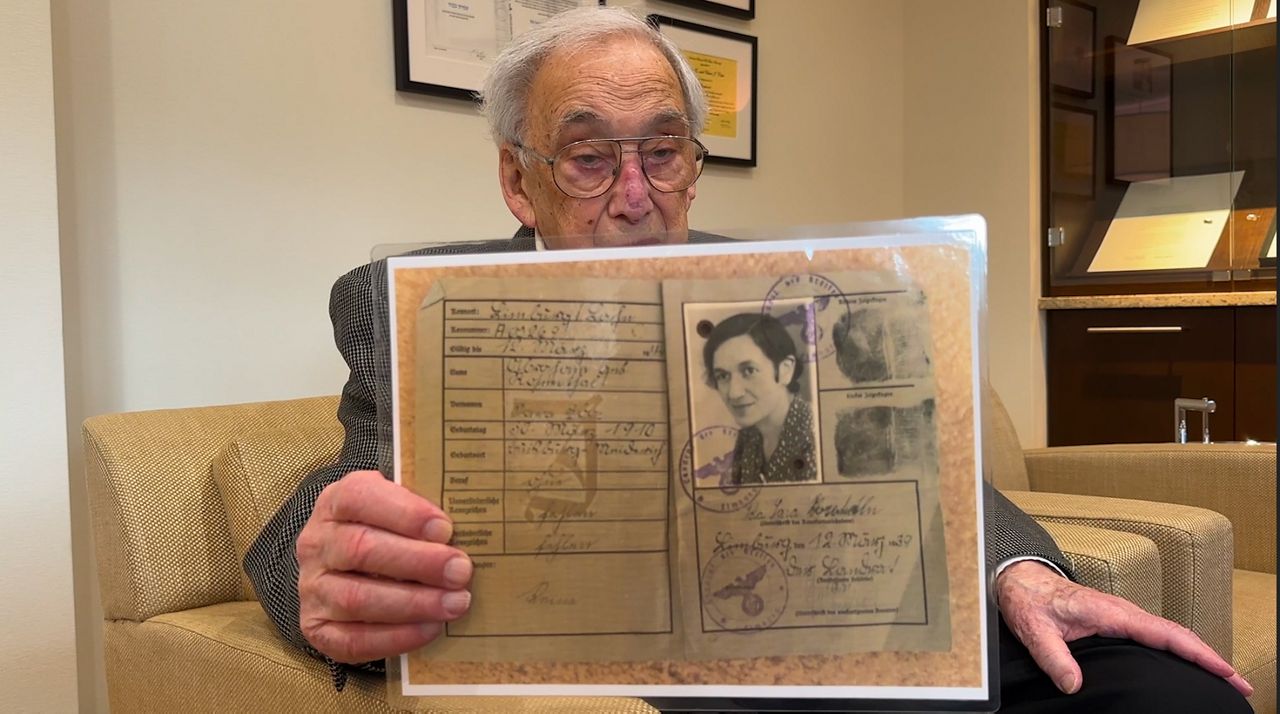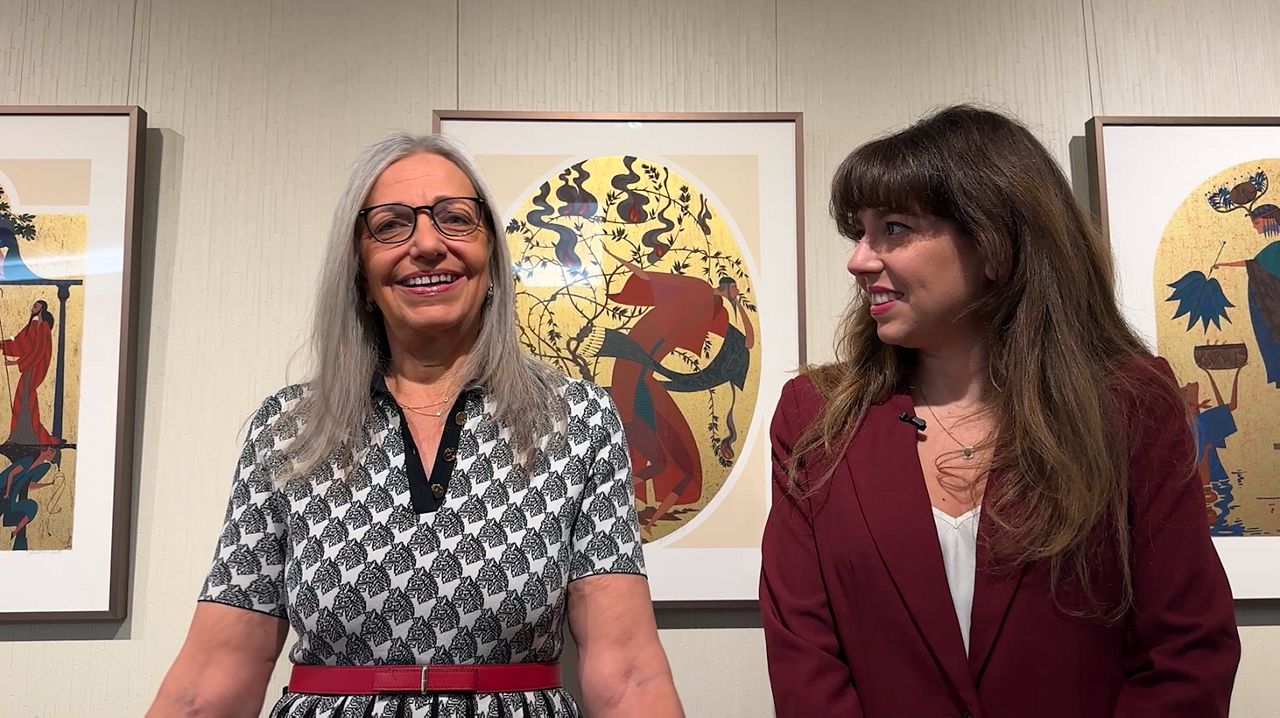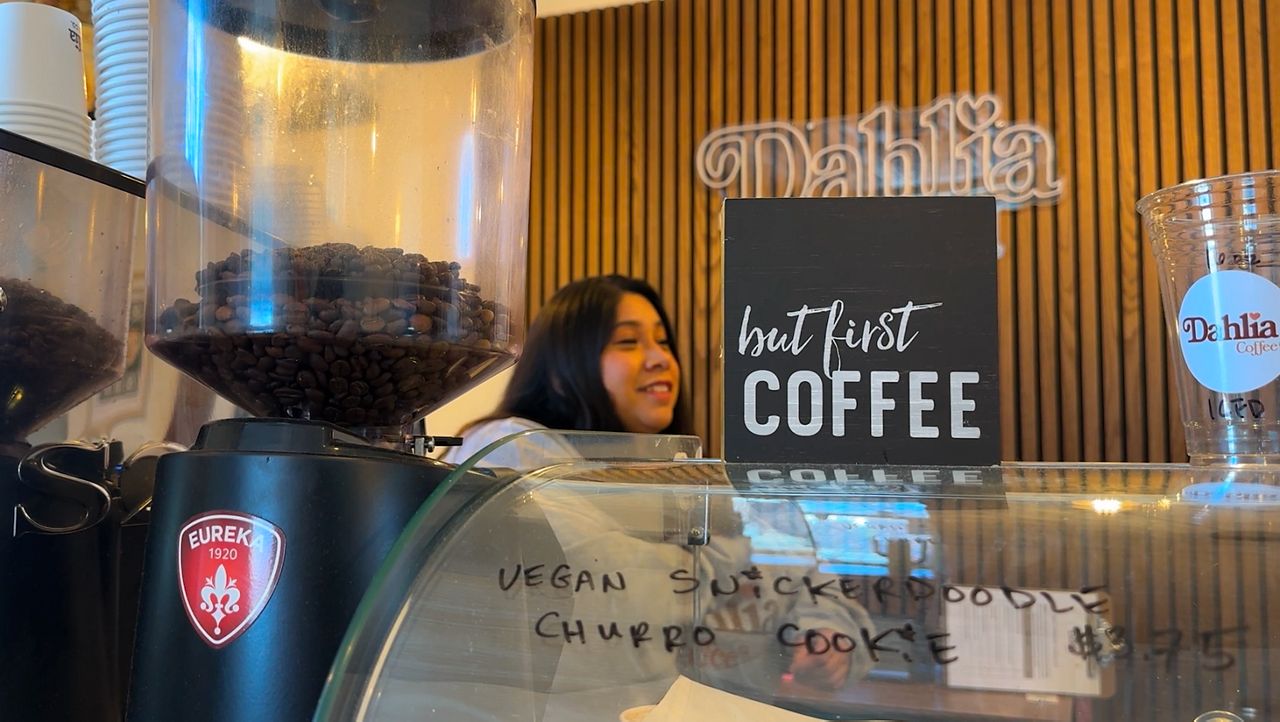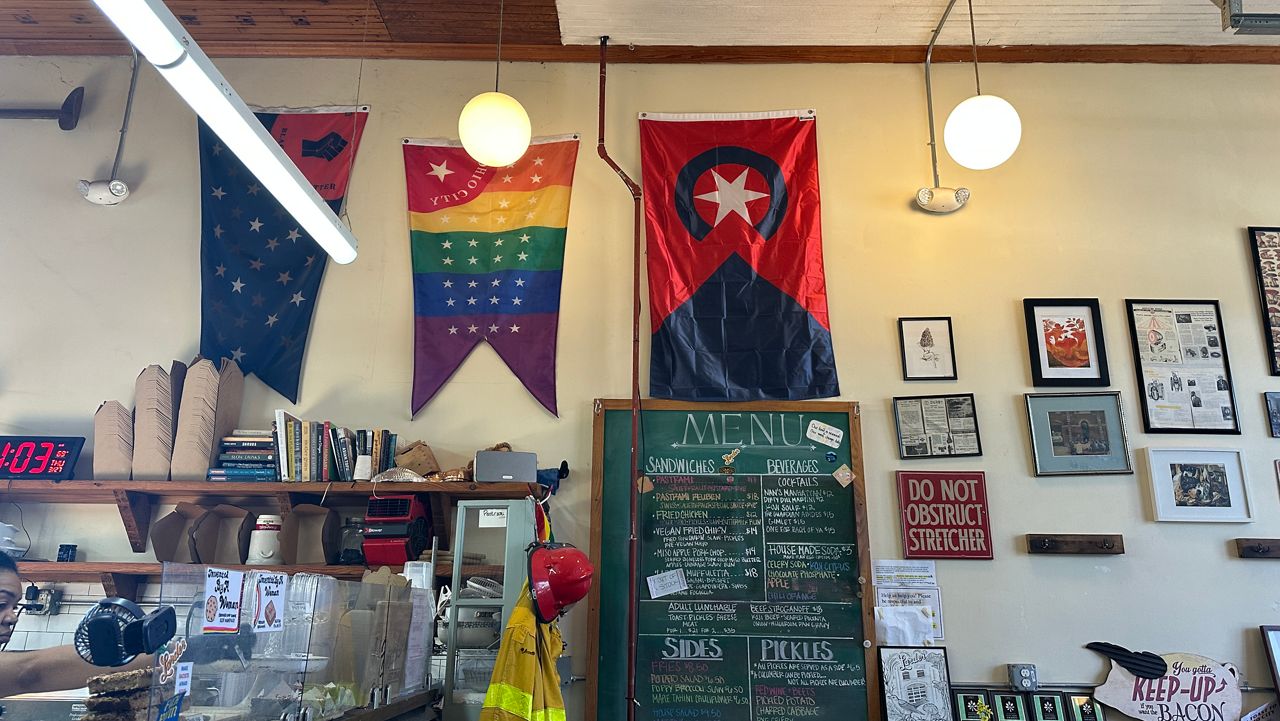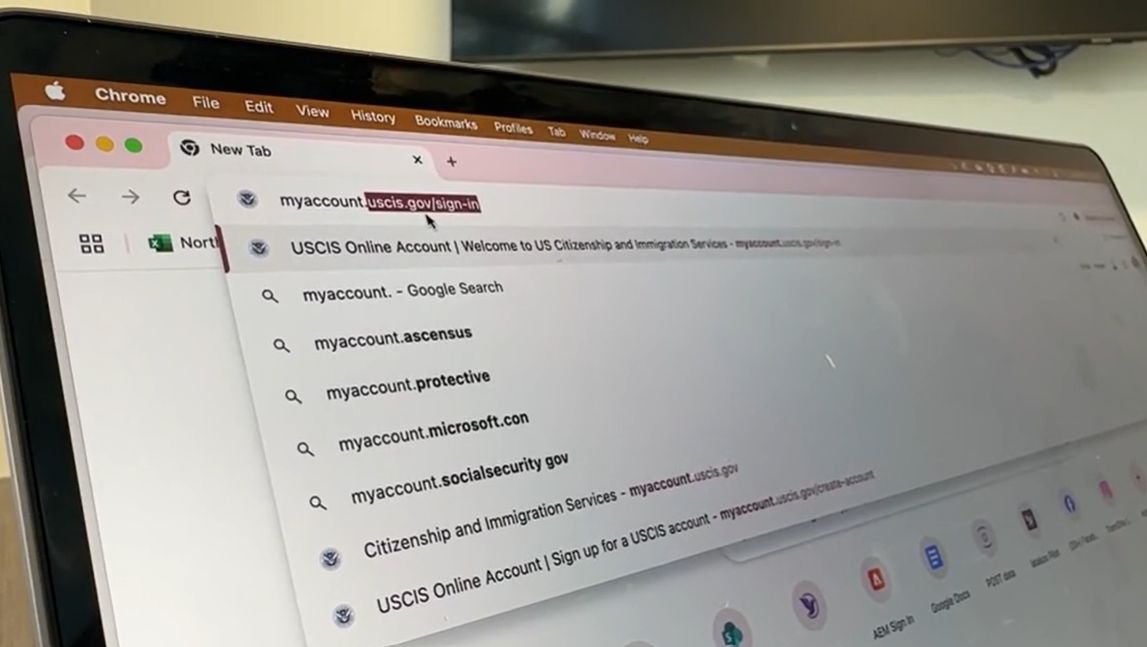CLEVELAND — Rachel Hong is learning about the behavioral health field, studying social work at Case Western Reserve University.
Hong said her passion began at a young age, and now she’s leading presentations and mindfulness activities over lunch as the social work intern with Asian Services In Action.
“Right now there isn't programing, active programing, for Asian-American, Native Hawaiian and Pacific Islander individuals in Cleveland,” Hong said. “So we were thinking about what to create for people for behavioral health purposes.”
The nonprofit is hosting its first mental health open forum for National Minority Health Month. She said their goal is transform a common narrative within the AANHPI population.
“It's really a structural issue where I see that a lot of mental health services are not accessible for our community," Hong said.
Mental health conversation often center around disparities between communities, Hong said, and their next step is bridging those gaps.
"So the question is, kind of, addressing … what do people hope to see in this community?” she said. “And we really want personal experiences to be the key of really wondering, how can we make the community better?”
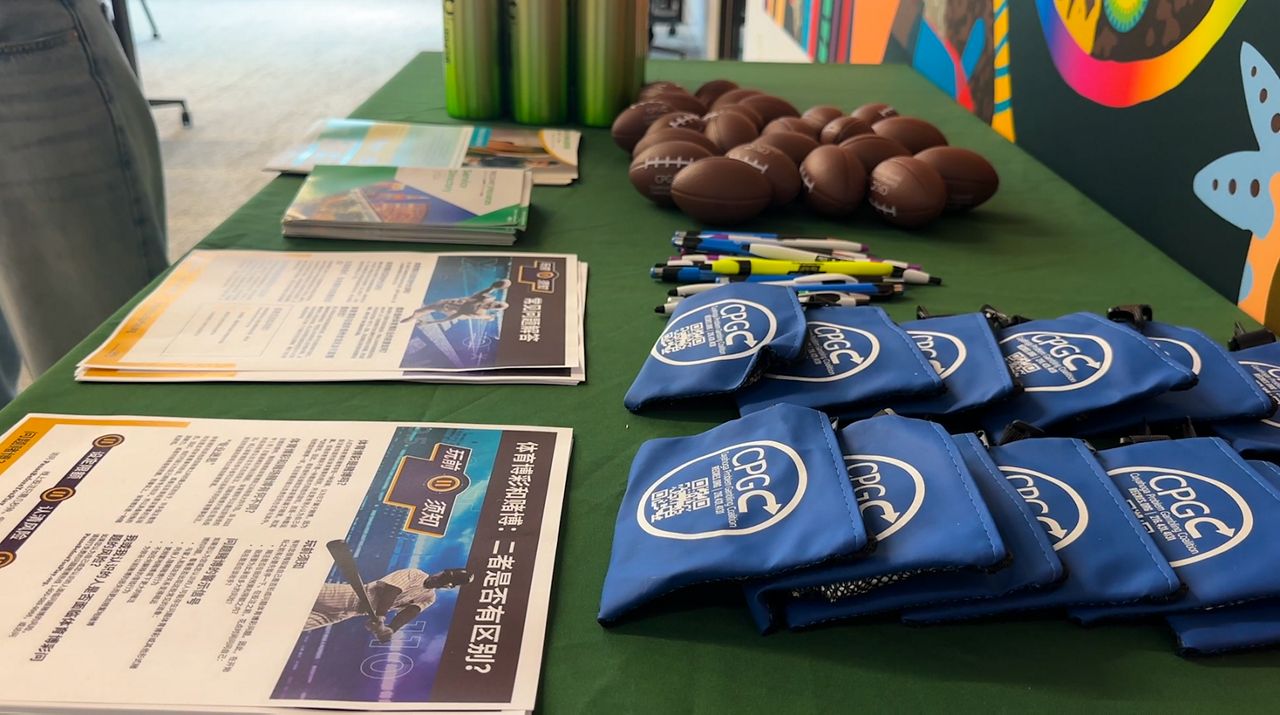
Fei Li is also helping spearhead discussions as the manager of community house engagement and social work training at ASIA.
Growing up in a Chinese family, Li said, mental health was rarely the talk of the table.
“I didn’t know what mental health is,” Li said. “Growing up in a rural area, I always knew there was a few ‘crazy people’ in my town.”
Now, Li is using her awareness to build community strength and reduce stigmas in everyday engagements.
“We have to have a safe enough space to talk about a topic. No matter [if] today we have 10 participants or 100 participants, we get it out there,” she said.
As participants take turns taking the floor at the forum, Hong said she’s hoping the event opens doors to other opportunities in the future.
“This is definitely not the end of the conversation. This is only the beginning,” Hong said. “And so, the more word is spread out, I think the better it will be and we can reach more of the community that way.”







